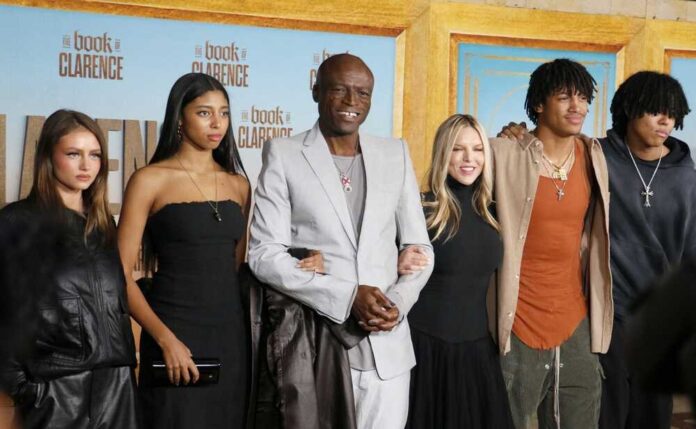The late Clarence “Frogman” Henry was a legendary New Orleans R&B singer who became famous when he released the single “Ain’t Got No Home” when he was only 19 years old. Henry passed at the age of 87.
The New Orleans Jazz and Heritage Foundation announced Henry’s death on social media on Sunday night. The reason was not specified.
Henry spent his formative years in New Orleans’ Algiers district, where he was born in 1937. He played piano and trombone and had jobs in the early 1950s with groups like the Toppers, Bobby Mitchell, and saxophonist Eddie Smith. Henry was left on stage with an enthusiastic crowd waiting for him after a lengthy and tiring performance with Smith’s band. He began improvising a song, which turned out to be “Ain’t Got No Home.”
Henry imitated a frog’s voice. The 1956 smash and subsequent appearances on the soundtracks of “Forrest Gump” and “Mickey Blue Eyes” restored Henry’s star power.
A new single by Cajun musician Bobby Charles, “I Don’t Know Why, But I Do,” orchestrated by Allen Toussaint and released in 1960, gave Henry fresh popularity.
In 1964, during the Beatles’ first U.S. tour, he was the opening act for 18 performances with the Bill Black Combo and the Jive Five. He also traveled widely, from Scotland to New Zealand.
Louisiana continued to embrace Henry even as his star dwindled nationally. His retirement from the demanding club scene in 1981 ended his tenure as a Bourbon Street mainstay. But he kept playing music and was a Jazz & Heritage Festival staple for years.
Although Henry’s “(I Don’t Know Why) But I Do” was a more popular single, “Ain’t Got No Home” was his distinctive sound and the song that would stick with listeners the longest. It made cameo appearances in films such as Casino and The Lost Boys, and it had an unusual second life in the early 1990s when right-wing radio personality Rush Limbaugh began to use it, sometimes to criticize and analyze those experiencing homelessness. But Limbaugh’s backing meant more money for Henry’s already low royalty payments.














